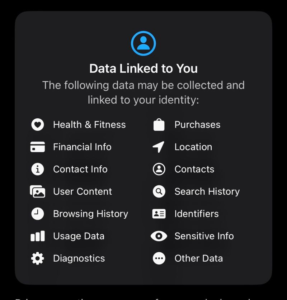The Fine Line Between Deck and Dreck

There was an interesting Twitter thread from @thedanigrant, CEO of jam.dev. We suggest you read the entire thread, but she begins, “When you start a startup, so many people tell you to ship fast and ship messy. They tell you: you’ll know you have product market fit when people are willing to jump through hoops to use your broken product. This was great advice in 2013. But not in 2023.”
Grant said that Jam.dev first released a buggy product, and while users might have been willing to put up with bugs in those earlier days of tech, meaning long before 2013, these days, not so much. And MVP is a good way to start – providing that the ‘M’ is sufficiently engaging to users, and case in point is the meteoric rise and cataclysmic disengagement of Meta’s Threads, which we mentioned just last week.
Oh, once the bugs were out, jam.dev relaunched and found its userbase.








